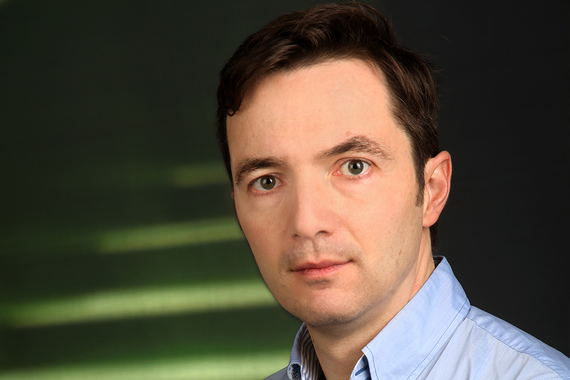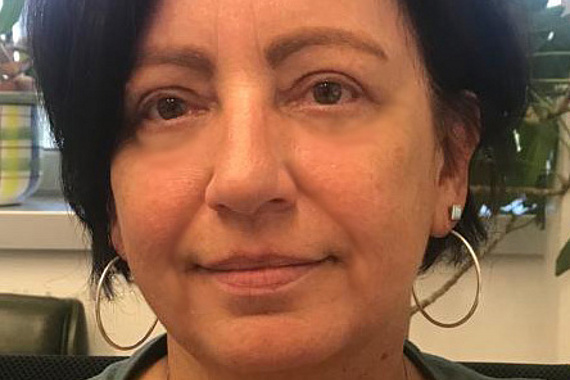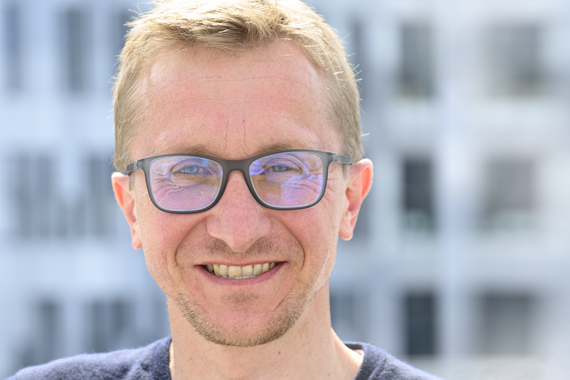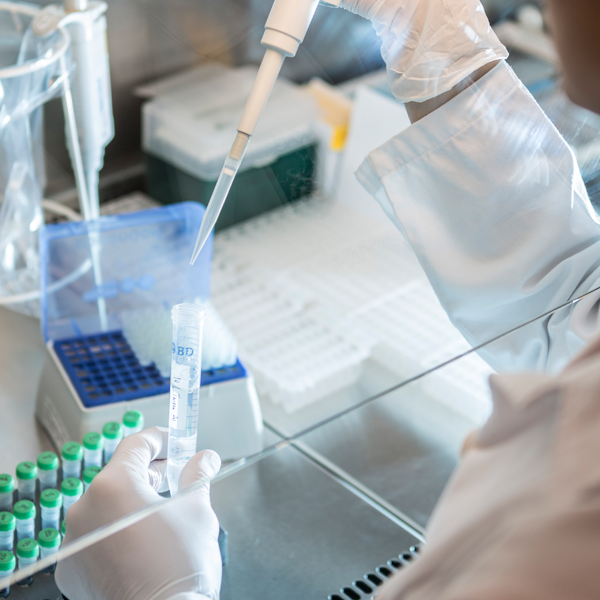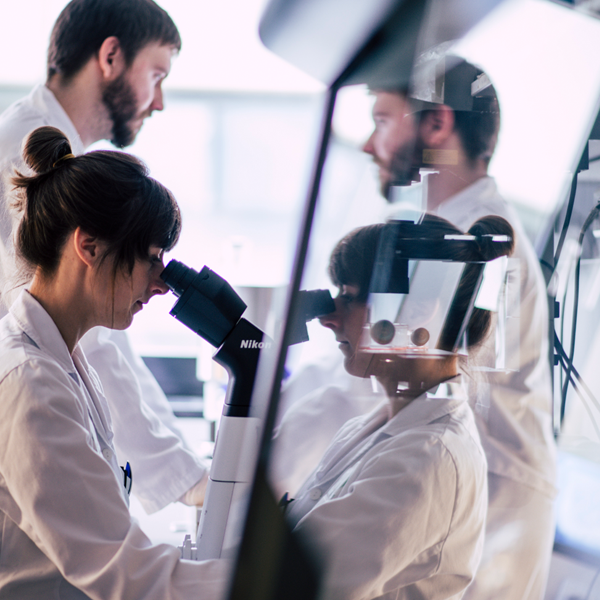-
Die Universität
- Herzlich willkommen
- Das sind wir
- Medien & PR
-
Studium
- Allgemein
- Studienangebot
- Campusleben
-
Forschung
- Profil
- Infrastruktur
- Kooperationen
- Services
-
Karriere
- Arbeitgeberin Med Uni Graz
- Potenziale
- Arbeitsumfeld
- Offene Stellen
-
Diagnostik
- Patient*innen
- Zuweiser*innen
-
Gesundheitsthemen
- Gesundheitsinfrastruktur
Translational Molecular and Cellular Biosciences
Modern Medicine and the understanding of physiological and pathophysiological phenomena in terms of molecular and cellular bioscience (as e.g.: medical biophysics & biochemistry, cell biology, molecular and cellular physiology, medical genetics) are intimately related. In order to effectively improve human health, scientific discoveries at the molecular and cellular level must be translated into practical application. Typically, such discoveries begin at “the bench” with basic research – then progress to the clinical level, or the patient’s “bedside”. Scientists are increasingly aware that this bench-to-bedside approach of translational molecular and cellular bioscience research is indeed a bidirectional process: basics scientists provide clinicians with new tools for use in patients and for assessment of their impact and on the other side clinical researchers make novel observations about the nature and progression of disease – that often stimulates basic investigations. Translational research, especially at the molecular and cellular level, has proven to be a powerful process that drives the clinical, as well as the preclinical research engine. In order to promote this purpose at the graduate level, Medical University in Graz has established a corresponding Doctoral School. Doctoral candidates must hold a Master´s degree or equivalent in Medicine, Natural Sciences or Engineering. English is the principal language used for teaching, communication and writing of the Thesis and thus, excellent English skills are required. Graduates of the Doctoral program in “Translational Molecular and Cellular Bioscience” will hold the academic degree “Doctor of Medical Sciences (Dr. sci. med)” that is entirely pursuant to the Bologna process of the European Higher Education Area (EHEA; equivalent to the general terms “Doctorate” or “PhD”). The Curriculum is intended to forge a uniquely transformative, novel and integrative academic home for clinical and translational bioscience at the molecular and cellular level that has the consolidated resources to:
- captivate, advance and nurture a cadre of well-trained multi- and interdisciplinary investigators and research teams;
- create an incubator for innovative research tools and technologies;
- synergize multi-disciplinary and inter-disciplinary clinical and translational bioscience.
Scope
The curriculum provides a platform to catalyze this process in order to create this added value. Doctoral students are enrolled in demanding and novel scientific research projects within the Medical University, including faculty of relevant clinical institutions, such as cardiology, neurology or oncology. Using the existing expertise and infrastructure, the programme is focused on basic research but also on possible practical applications in the clinical situation (translational component). Experienced scientists provide the Doctoral students with the required infrastructure and the stimulating research environment to ensure high-level scientific training and successful research projects. In addition to the interdisciplinary in-depth training for specific thesis projects using state-of-the-art techniques, the program includes extensive training activities such as seminars, journal clubs and workshops.
Speaker
Univ.-Doz.in Mag.a Dr.in rer.nat.
Brigitte Pelzmann
Brigitte Pelzmann
T: +43 316 385 71525
Deputy Speaker
Assoz. Prof. Priv.-Doz. Dr. rer. nat.
Simon Sedej
Simon Sedej
T: +43 316 385 72742
Deputy Speaker
